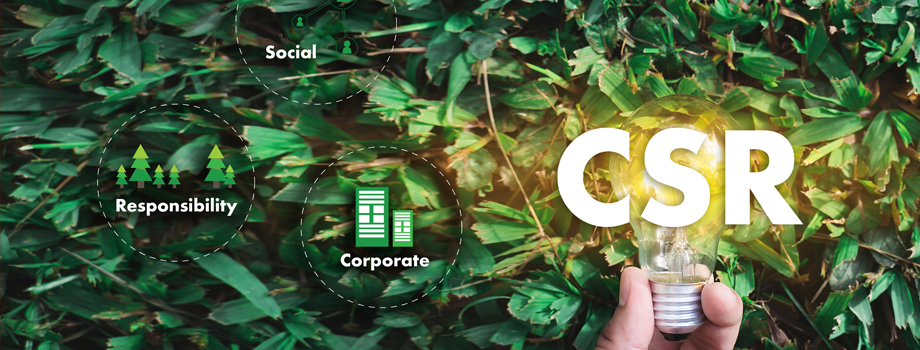This is why a sustainable sourcing strategy is so important. It helps you reduce both your ecological footprint and your supply chain’s risk profile.
What is Sustainable Sourcing?
Sustainable Sourcing is the integration of social, ethical and environmental performance factors into the process of selecting suppliers. Key sustainability issues include:
• Chemical management
• Carbon offset
• Eco-friendly packaging
• Chemical discharge
• Energy usage
• Waste disposal
• Recycling
The Advantages of Sustainable Sourcing
There are numerous benefits to environmentally friendly sourcing. Here are three of the biggest:
1) Manage Reputational Risks – We live in a digital age with information that is readily available online and can spread rapidly across numerous social media channels. The last thing you want is for one of your suppliers to be exposed for breaching environmental laws and/or norms. Even if you are oblivious to their practices, disenchanted consumers and society at large won’t necessarily separate your brand from your suppliers.
2) Increase Revenue – Sustainable sourcing can act as a point of differentiation, allowing you to access new markets thus giving you a competitive advantage. Packaging that displays compliance with sustainability standards also gives you room to charge a premium in relation to competitors.
3) Reduce Costs – Saving on energy, carbon, and water consumptions often translates into saving money. Compliance will also reduce the risk of costly fines and litigation.
All of the above factors combine to increase shareholder value — a crucial factor in growing your company. Shareholders will not only see you as less risky, but many shareholders are more likely to invest in socially and environmentally responsible companies on moral grounds.
Key Components of a Sustainable Sourcing Strategy
In a nutshell, a thorough sustainable sourcing strategy will require you to work closely and transparently with suppliers and prospective suppliers. The most successful sustainable procurement strategies will involve the following basics:
1) Familiarizing yourself with environmental legislation in the countries where your prospective suppliers and their factories are located. This is especially vital in developing countries, where laws are often convoluted and hard to navigate.
2) Checking whether prospective suppliers qualify for independent certifications of compliance with recognized environmental standards, such as the widely-recognized ISO 14001 certification.
3) Clearly defining your expectations with suppliers. Compliance with all applicable laws and regulations should be a minimum benchmark and drawing up a supplier Code of Conduct agreement can help you achieve this.
4) Carrying out an on-site environmental audit of your prospective supplier’s facilities and practices. While an internally run audit is a bare minimum, many types of certification, including ISO 14001 require the involvement of third-party inspectors and auditors (TPIs). Appropriate independent auditors are highly experienced with environmental compliance challenges and they are impartial, which will enhance consumer confidence in your brand.
5) Accurately documenting auditing and inspection activities. Informative reports from inspectors, especially from TPIs allow you to quantify, measure and evaluate the thoroughness of your sustainable sourcing strategy. Furthermore, multiple data points give you a balanced and thorough review of performance over time.
6) Building stakeholder confidence through transparency. This can be achieved by dedicating a section to sustainability in your annual reports, which can be accessed by shareholders, consumers, governments, and even employees. After all, stakeholders have to be aware of your sustainable approach to sourcing for it to enhance your brand reputation and decrease your risk profile.
With over 12,000 TIC specialists, including auditors and inspectors, located in all major sourcing and selling regions, InSpec by BV is perfectly positioned to ensure your suppliers maintain the best process controls around sustainable sourcing.








